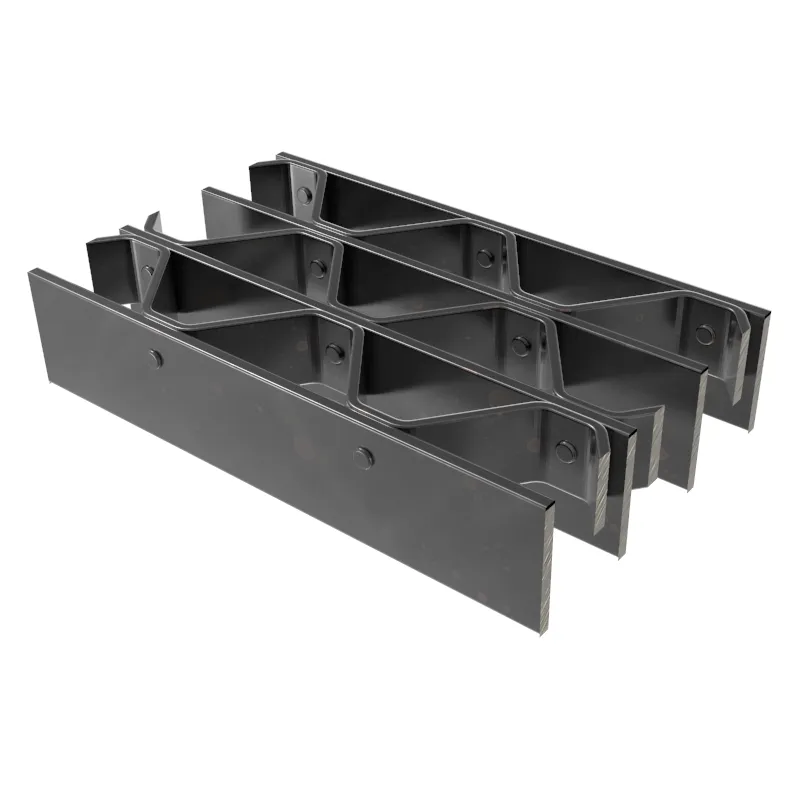- Industrial zone, South of Anping Town, Hengshui, Hebei, China.
- sales@hfpetromesh.com
- +86-18931809706
 Afrikaans
Afrikaans  Albanian
Albanian  Amharic
Amharic  Arabic
Arabic  Armenian
Armenian  Azerbaijani
Azerbaijani  Basque
Basque  Belarusian
Belarusian  Bengali
Bengali  Bosnian
Bosnian  Bulgarian
Bulgarian  Catalan
Catalan  Cebuano
Cebuano  Corsican
Corsican  Croatian
Croatian  Czech
Czech  Danish
Danish  Dutch
Dutch  English
English  Esperanto
Esperanto  Estonian
Estonian  Finnish
Finnish  French
French  Frisian
Frisian  Galician
Galician  Georgian
Georgian  German
German  Greek
Greek  Gujarati
Gujarati  Haitian Creole
Haitian Creole  hausa
hausa  hawaiian
hawaiian  Hebrew
Hebrew  Hindi
Hindi  Miao
Miao  Hungarian
Hungarian  Icelandic
Icelandic  igbo
igbo  Indonesian
Indonesian  irish
irish  Italian
Italian  Japanese
Japanese  Javanese
Javanese  Kannada
Kannada  kazakh
kazakh  Khmer
Khmer  Rwandese
Rwandese  Korean
Korean  Kurdish
Kurdish  Kyrgyz
Kyrgyz  Lao
Lao  Latin
Latin  Latvian
Latvian  Lithuanian
Lithuanian  Luxembourgish
Luxembourgish  Macedonian
Macedonian  Malgashi
Malgashi  Malay
Malay  Malayalam
Malayalam  Maltese
Maltese  Maori
Maori  Marathi
Marathi  Mongolian
Mongolian  Myanmar
Myanmar  Nepali
Nepali  Norwegian
Norwegian  Norwegian
Norwegian  Occitan
Occitan  Pashto
Pashto  Persian
Persian  Polish
Polish  Portuguese
Portuguese  Punjabi
Punjabi  Romanian
Romanian  Russian
Russian  Samoan
Samoan  Scottish Gaelic
Scottish Gaelic  Serbian
Serbian  Sesotho
Sesotho  Shona
Shona  Sindhi
Sindhi  Sinhala
Sinhala  Slovak
Slovak  Slovenian
Slovenian  Somali
Somali  Spanish
Spanish  Sundanese
Sundanese  Swahili
Swahili  Swedish
Swedish  Tagalog
Tagalog  Tajik
Tajik  Tamil
Tamil  Tatar
Tatar  Telugu
Telugu  Thai
Thai  Turkish
Turkish  Turkmen
Turkmen  Ukrainian
Ukrainian  Urdu
Urdu  Uighur
Uighur  Uzbek
Uzbek  Vietnamese
Vietnamese  Welsh
Welsh  Bantu
Bantu  Yiddish
Yiddish  Yoruba
Yoruba  Zulu
Zulu
- Afrikaans
- Albanian
- Amharic
- Arabic
- Armenian
- Azerbaijani
- Basque
- Belarusian
- Bengali
- Bosnian
- Bulgarian
- Catalan
- Cebuano
- Corsican
- Croatian
- Czech
- Danish
- Dutch
- English
- Esperanto
- Estonian
- Finnish
- French
- Frisian
- Galician
- Georgian
- German
- Greek
- Gujarati
- Haitian Creole
- hausa
- hawaiian
- Hebrew
- Hindi
- Miao
- Hungarian
- Icelandic
- igbo
- Indonesian
- irish
- Italian
- Japanese
- Javanese
- Kannada
- kazakh
- Khmer
- Rwandese
- Korean
- Kurdish
- Kyrgyz
- Lao
- Latin
- Latvian
- Lithuanian
- Luxembourgish
- Macedonian
- Malgashi
- Malay
- Malayalam
- Maltese
- Maori
- Marathi
- Mongolian
- Myanmar
- Nepali
- Norwegian
- Norwegian
- Occitan
- Pashto
- Persian
- Polish
- Portuguese
- Punjabi
- Romanian
- Russian
- Samoan
- Scottish Gaelic
- Serbian
- Sesotho
- Shona
- Sindhi
- Sinhala
- Slovak
- Slovenian
- Somali
- Spanish
- Sundanese
- Swahili
- Swedish
- Tagalog
- Tajik
- Tamil
- Tatar
- Telugu
- Thai
- Turkish
- Turkmen
- Ukrainian
- Urdu
- Uighur
- Uzbek
- Vietnamese
- Welsh
- Bantu
- Yiddish
- Yoruba
- Zulu
Serrated Flat Bars for Enhanced Grip and Performance in Various Applications
Exploring the Serrated Flat Bar A Versatile Material in Modern Industries
The serrated flat bar, a specialized type of flat bar with a notched or serrated surface, has gained increasing prominence in various industrial applications. This innovative design combines the structural integrity of flat bars with the enhanced grip provided by the serrations, making it a valuable asset across multiple fields, including construction, manufacturing, and safety equipment.
One of the primary characteristics of serrated flat bars is their slip-resistant surface. The serrations create a rough texture that significantly improves traction, which is particularly beneficial in environments where safety is a concern. Industries such as construction often utilize serrated flat bars for stair treads, walkways, and platforms. By reducing the risk of slips and falls, these bars contribute to overall workplace safety, ensuring that personnel can navigate their environment without unnecessary hazards.
In addition to their safety features, serrated flat bars are also highly customizable. They can be manufactured in various materials, including steel, stainless steel, and aluminum, catering to the diverse needs of different applications. For instance, stainless steel serrated flat bars are ideal for environments exposed to moisture, such as marine or food processing industries, where resistance to corrosion is crucial. Meanwhile, aluminum options are favored for lightweight applications without compromising on strength or durability.
serrated flat bar

The use of serrated flat bars extends beyond just safety and material versatility. Their structural properties allow them to be used as supportive components in machinery, frames, and fixtures. The serrated design can provide additional bonding surfaces for welding and fastening, making them integral in the assembly of various structures. This adaptability means they can be employed in a range of contexts, from industrial machines to commercial products.
Environmental sustainability is another important aspect of serrated flat bars. Many manufacturers are now focusing on eco-friendly production methods, utilizing recyclable materials and reducing waste in their manufacturing processes. This commitment to sustainability resonates with modern consumers and businesses looking to minimize their environmental impact.
In conclusion, the serrated flat bar is more than just a simple structural component; it is a versatile material that enhances safety, durability, and customization options across various industries. Whether in construction, manufacturing, or safety applications, these bars exemplify the blend of functionality and innovation, making them an essential product in today’s industrial landscape. As industries continue to evolve, the serrated flat bar will undoubtedly play a vital role in meeting the demands of contemporary engineering and safety standards.
-
Welded Steel Bar Grating: The Rugged Industrial Flooring Solution Built for Load and LongevityNewsJun.24,2025
-
Steel Walkway Grating: Reliable, Resilient, and Built for Every StepNewsJun.24,2025
-
Shale Shaker Screen for Sale: Optimize Drilling Efficiency with Precision Screening PowerNewsJun.24,2025
-
Shaker Screen for Sale: Elevate Your Drilling Efficiency with Durable Separation SolutionsNewsJun.24,2025
-
Press Locked Steel Grating: Industrial Strength with Precision Fit for Heavy-Duty ApplicationsNewsJun.24,2025
-
Perimeter Safety Netting: The Critical Safety Upgrade for Every HelipadNewsJun.24,2025